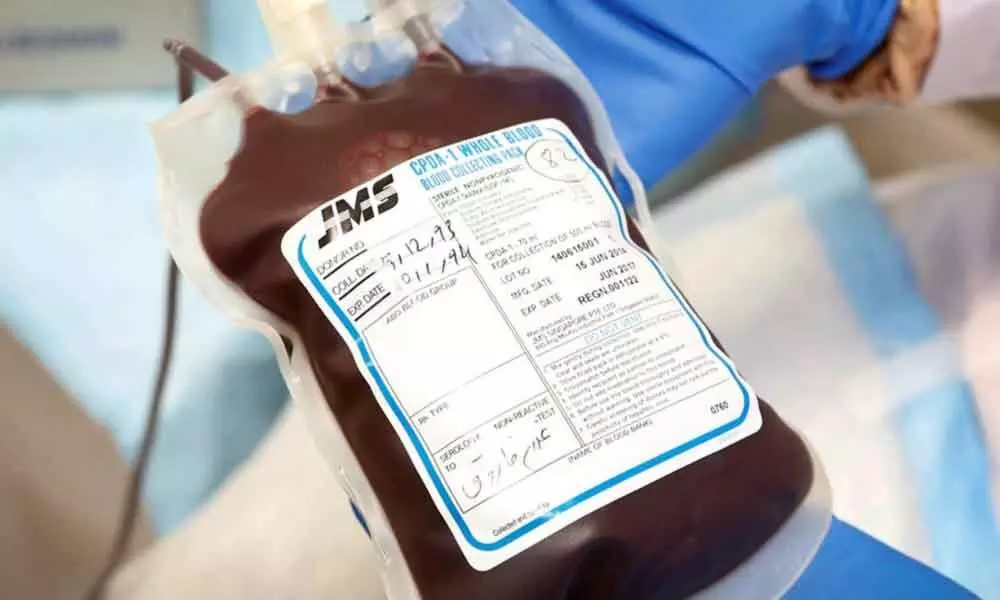Novel device can identify high-quality blood donors

Researchers have developed a new device which can identify high-quality blood donors, an advance which may benefit millions of patients who need blood transfusions every year globally.
Researchers have developed a new device which can identify high-quality blood donors, an advance which may benefit millions of patients who need blood transfusions every year globally.
According to the study, published in the journal Lab on a Chip, the device can recognise individuals whose red blood cells stay viable for longer in storage and in the recipient's body. "We know that the deformability of red blood cells, or their ability to squeeze through small constrictions, is an important factor in the longevity of these cells in recipients of blood transfusions," explained study co-author Hongshen Ma from the University of British Columbia in Canada. "This is because cells that remain deformable longer can stay in circulation longer. But until now we didn't have a reliable way to measure this capability in donated red blood cells," Ma said.
In the study, the researchers tested stored red blood cells from eight different donors using a custom-made device to see how their deformability is maintained during storage. "We found that samples from two of the donors were significantly more stable - they remained deformable during the storage period - than other donors," Ma said.
"We need to study this phenomenon further, but this result suggests that it will be possible to identify donors that can provide long circulating red blood cells for sensitive recipients," he added. According to the study, people who need frequent blood transfusions, benefit from red blood cells that that can appropriately circulate in the blood vessels to deliver oxygen. "A method that can swiftly and accurately test the 'squeezability' of these cells can make transfusions safer for these patients, and ultimately for anyone who needs a critical transfusion," said study co-author Mark Scott from the University of British Columbia.








